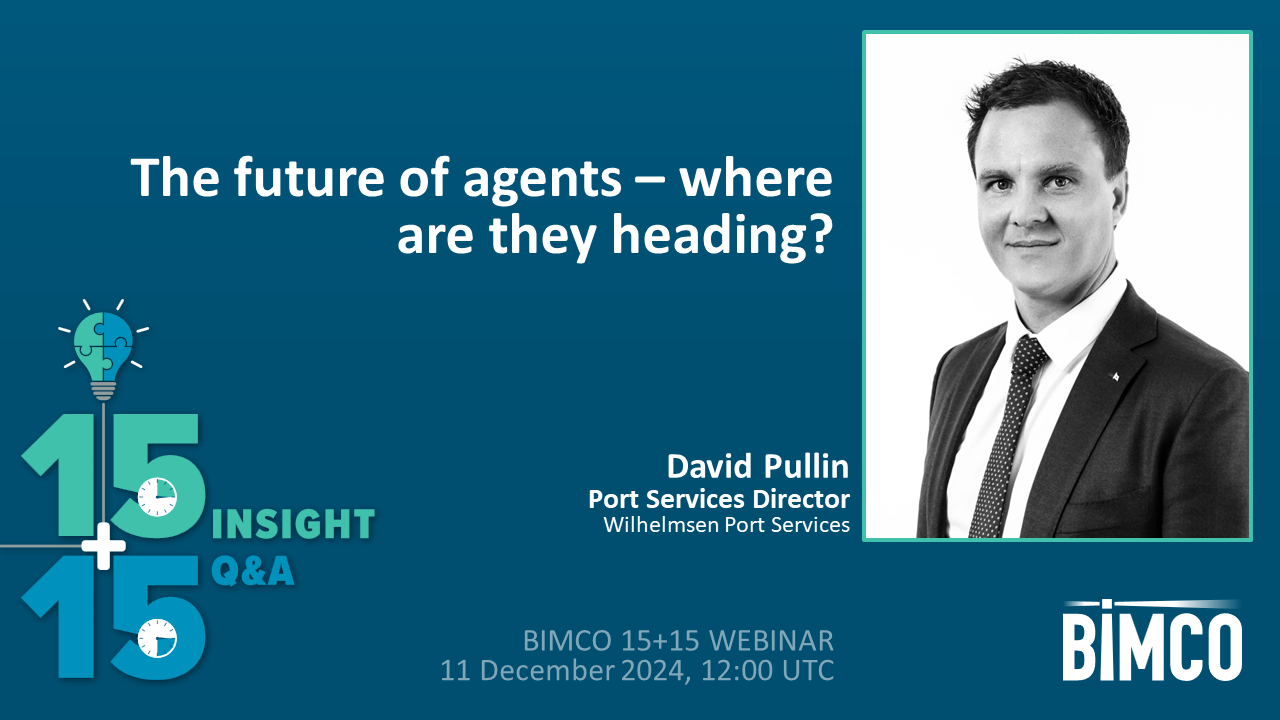China adopts 0.50% sulphur limit to match IMO regulation
Overview
Chinese regulators have tightened its domestic emission control area regulation (DECA) which came into force on 1 January 2019.
In November, the Chinese Ministry of Transport passed a domestic emission control area regulation in the country’s territorial waters. According to the regulation, all waters 12 nautical miles off the Chinese coast would be defined as a nationally regulated area, meaning that a limit of 0.5% sulphur in fuel would apply for the entire Chinese territorial water area.
In order to ensure a smooth implementation, the chinese regulator has recently released an update to the DECA regulation passed in November, narrowing the sulphur limit to 0.50% from 0.5%, thereby matching that of the International Maritime Organization’s (IMO) global 0.50% sulphur content limit in fuel that will come into force on 1 January 2020.
A revision in 2008 of MARPOL Annex VI (which entered into force in 2010) increased the precision of the sulphur limit in fuel oil. The revision specified that the sulphur limit in fuel used outside ECAs should not exceed 4.50% (previously 4.5%) and not to exceed 1.50% (previously 1.5%) within ECAs.
For a limit of 0.5%, any subsequent decimal value is uncertain, such as 0.5x. In these cases, normal rounding principles would apply, and 0.54 would be rounded to 0.5 whereas 0.55 would be rounded to 0.6. For 0.50%, any subsequent decimal value is uncertain, such as 0.50x. In these cases, normal rounding principles would apply, and 0.504 would be rounded to 0.50 whereas 0.505 would be rounded to 0.51
Control Requirements regarding Bunker Sulphur Content
| Type of Ship | Emission Control Area | ||
| Coastal Control Area | Inland Control Area | ||
| Hainan Waters | Other Waters | ||
| Seagoing Ships | ≤0.50% since 1 January 2019 | ≤0.50% since 1 January 2019 | ≤0.50% since 1 January 2019 |
| ≤0.10% from 1 January 2022 | ≤0.10% from 1 January 2025 (To be evaluated) |
≤0.10% from 1 January 2020 | |
| Sea-river ship | ≤0.50% since 1 January 2019 | ≤0.50% since 1 January 2019 | Bunker in accordance with the latest revised standard since 1 January 2019 |
Feedback or a question about this information?
VPS Bunker Alerts
Veritas Petroleum Services (VPS) publish regular Bunker Alerts based entirely on fuel samples and have kindly permitted BIMCO’s Members to access this information.
The Bunker Alerts are not intended to be an evaluation of overall bunker quality in the port or area concerned, but usually highlight a specific parameter within the fuel which has raised a quality issue.
Latest ice reports for members
Latest piracy reports
Latest industry releasable threats
ELSEWHERE ON BIMCO
Contracts & Clauses
All of BIMCO's most widely used contracts and clauses as well as advice on managing charters and business partners.
Learn about your cargo
For general guidance and information on cargo-related queries.
BIMCO Publications
Want to buy or download a BIMCO publication? Use the link to get access to the ballast water management guide, the ship master’s security manual and many other publications.
About a new business partner
We can help members check new business partners. We also help to recover millions of USD (undisputed) funds every year.





